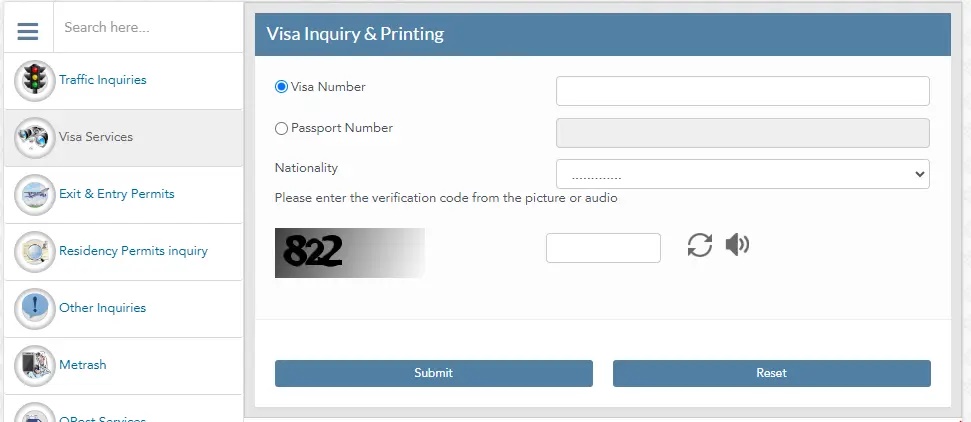400percent Invited Casino Added bonus
As much real cash you could potentially withdraw using this added bonus are ten,000. As much real cash you could potentially withdraw out of this added bonus try one hundred. They are the better 400percent invited local casino bonuses we provide in the Asia.
- The newest wagering process is fairly straightforward and you will fully discussed regarding the T&Cs.
- Particular casinos require numerous dumps so you can qualify for a full 400percent invited extra.
- It is very common because it allows professionals to get additional cash rather than risking their particular financing.
- I’ve gained an informed suits bonus online casino web sites for the the web and you can shown them best below.
- Gaming refers to the full matter you should choice the bonus money earlier will get withdrawable dollars.
- For professionals, including beginners, apprehension tend to appears regarding wagering with the very own financing in the an alternative local casino.
We’ve got everything you shielded; you’ll get one of the biggest gambling establishment acceptance bonuses on the membership before long. From time to time, you might discover incentives one to hold no wagering conditions. These are the best you are able to selling for new people, while they allow you to enjoy and become compensated with nearly no additional stakes. Next couple parts, we’ll be breaking down the fresh opting-inside processes and you will delivering one step-by-action guide to awakening and you may powering along with your picked give.
Conclusion: Discover A complete Potential Away from Online casino Incentives Inside Nz
Fulfil a great 35x betting requirements on the deposit to receive up to 200 cash. French Roulette, a game found at the best on line roulette gambling enterprises, as well as has a premier RTR speed. If so, you’ve still got a robust risk of cashing aside an income when to experience those individuals games. Ports normally matter 100percent to your completing rollover requirements. But not, high RTP desk video game including blackjack, baccarat, and digital desk web based poker tend to amount just 10percent otherwise 20percent, so you should look at the video game share costs. Should your rollover specifications try 10x and also you gamble a game one only has an excellent 10percent contribution speed, they basically takes the brand new rollover needs in order to 100x.
How we Buy the 400percent Extra Casinos
If you deposit the most out of €a thousand, you will see €1700 to play within added bonus ports. If you put the most €two hundred, there’ll be €eight hundred playing with in incentive harbors. A 400 gambling establishment added bonus is without question a highly glamorous render. Yet not, there are several issues you ought to be the cause of before you could part with very first put, regardless of how tempted you’re.
Readily available also provides are listed on these pages are ordered centered on all of our advice away from best to terrible. However, you could potentially replace the order out of shown incentives by the changing the fresh sorting to help you ‘Recently added’ to see the brand new bonuses from the finest. Alternatively, you might wade right to all of our directory of the newest no deposit incentives within the 2024. Other days, you might have to activate your preferred render on your gambling establishment membership after you register. The fresh details range from casino to casino, but it is constantly inside account configurations, the newest cashier, or a different area serious about bonuses and you can campaigns.
As stated, 400percent casino added bonus now offers usually are destroyed inside water away from 100percent suits added bonus now offers. Our team here at Gambling enterprise Martini written this page to help you excel a light on the Canada’s greatest 400percent greeting incentive also offers. The first put local casino bonus also offers 400percent bonus to 4000 which have a betting element 50x . Now, mobile gaming is on the rise, with increased and a lot more professionals seeking to availability its favorite gambling enterprise online game from their smartphone or tablet. All casinos mentioned above offer invited bonuses, which happen to be a great way to increase money since you begin doing offers.
An educated Gambling enterprise Free Spins Extra To own Get 2024
One which just contact your extra bucks or choice credits, you will see playthrough criteria even as we features listed above. For many who investigate details ahead of to play, you will find specific criteria which are considerably better for your. Such as, Caesars market highest also provides anda reload bonus,although not, the new terms of that it render reveal they merely connect with particular gambling games such video poker. Therefore, if you want to perform an account and you will enjoy online slots games, there is certainly a financially rewarding bonus can be found. This really is associated to possess wagering too, while the particular incentives with interest mostly for the particular events or suits.
Whether you want 100 percent free revolves or bonus finance, first thing you want try an area playing. Looking for some other the brand new on-line casino no deposit extra choices? Listed below are some a few of the different kinds of bonuses your’ll be offered on the igaming web sites.
Incentive Bets was credited within 24 hours of one’s earliest profitable put and you can Gambling establishment wager. You need to deposit at the very least €20 to get the bonus for each deposit. Which Incentive cannot be utilized in conjunction which have any promotion. You could potentially just benefit from which incentive Just after and just on the your first deposit.


 SSP Scholarship2 years ago
SSP Scholarship2 years ago
 All Scholarships2 years ago
All Scholarships2 years ago
 All Scholarships2 years ago
All Scholarships2 years ago
 NSP Scholarship11 months ago
NSP Scholarship11 months ago
 All Scholarships2 years ago
All Scholarships2 years ago
 All Scholarships2 years ago
All Scholarships2 years ago
 SSP Scholarship2 years ago
SSP Scholarship2 years ago
 All Scholarships2 years ago
All Scholarships2 years ago
 NSP Scholarship11 months ago
NSP Scholarship11 months ago
 All Scholarships2 years ago
All Scholarships2 years ago
 All Scholarships2 years ago
All Scholarships2 years ago
 All Scholarships2 years ago
All Scholarships2 years ago























